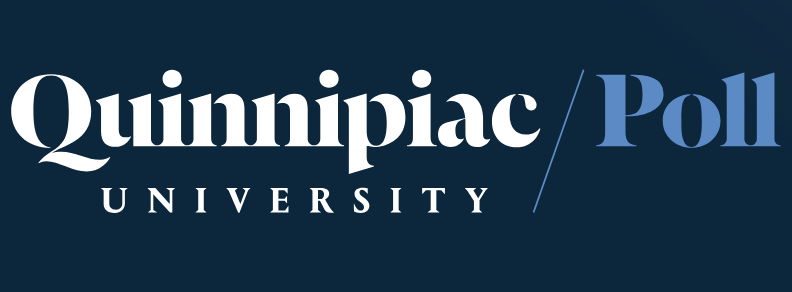March 5, 2025

Expand Your Scope
While working out today at the gym, I caught this statistic on Fox News in the context of reactions to Trump's March 4 speech to Congress:
21% of voters approve of Democratic leadership in Congress
I don't recall seeing a citation for that number, but with a little searching, it comes from a poll conducted by Quinnipiac University published on February 19, 2025: https://poll.qu.edu/poll-release?releaseid=3919
Thinking there might be more to the story than a record low number of people approving of Democrats, here's more from the same poll that wasn't included in the Fox News coverage:
- 21% of Democratic voters approve of Democratic leadership in Congress
- 40% of Republican voters approve of Republican leadership in Congress
- 49% of Democratic voters disapprove of Democratic leadership in Congress
- 52% of Republican voters disapprove of Republican leadership in Congress
When it comes to disapproval ratings, Republicans lead Democrats. This was not part of the Fox coverage I saw.
Moreover, the 21% approval statistic was inserted into a broadcast about Democratic behavior during Trump's Joint Session of Congress speech last night. The poll results shed no light on people's reactions to Democrats on March 4, since it was taken in mid-February. The dates don't match up--always an important fact to check.
There are certainly more details in the Quinnipiac poll than reported here, and certainly more than what Fox News reported.
It helps to expand one's scope to make sense of numbers.
MORE CASE STUDIES
Game Tutorials
Interactive tutorial challenges help students (upper elementary through adult) improve abilities to search, evaluate and use online information responsibly
Search Skills
15 Challenges Check your skills to find, evaluate and use digital information
Keyword Challenges select and find powerful search terms
Timed and untimed Search Challenges use search engines to find increasingly hard-to-find information
Guided Challenges use embedded hints to locate information that even AI can't find
Investigative Skills
WSI (Website investigator) research and file reports whether suspicious information may be believed or not
Author, Publisher, Bias, Freshness, and Fact Checking separate modules for each investigative task
Bad Apple Challenges drag and drop criteria into the appropriate basket (GOOD or BAD) as you investigate sites
Avoid Plagiarism
Plagiarism Dropbox 12 case studies: decide what has been plagiarised and how to fix it
Tips and Lessons
Fast-reads on a broad range of topics that improve digital searching, thinking critically about information and ethical use
MicroModules Over 30 topics from Accuracy to the Vanishing Web that take just minutes to read
Tips Thirty vital tips about searching, evaluation and ethical use
Glossary Definitions pertaining to the world of Information Fluency
Digital Information Fluency Model
A deep dive into skills needed for digital fluency and their connection to learning standards (Illinois and ISTE)
Tools and Wizards
Time-saving templates for Advanced Searching and digital Citation
Google Advanced Search
Fill in the boxes for your search and see what your Google query looks like
Citation Tools
APA Citation Wizard, Chicago Manual of Style Wizard, CSE Citation Wizard, Harvard Citation Wizard, MLA Citation Wizard

Digital Information Fluency
Digital Information Fluency (DIF) is the ability to find, evaluate and use information retrieved online effectively, efficiently and ethically. DIF involves Internet and database search skills that start with understanding how digital information is different from print information, knowing how to use specialized tools for finding digital information and strengthening the dispositions needed in the digital information environment. Read about Model and Standards...